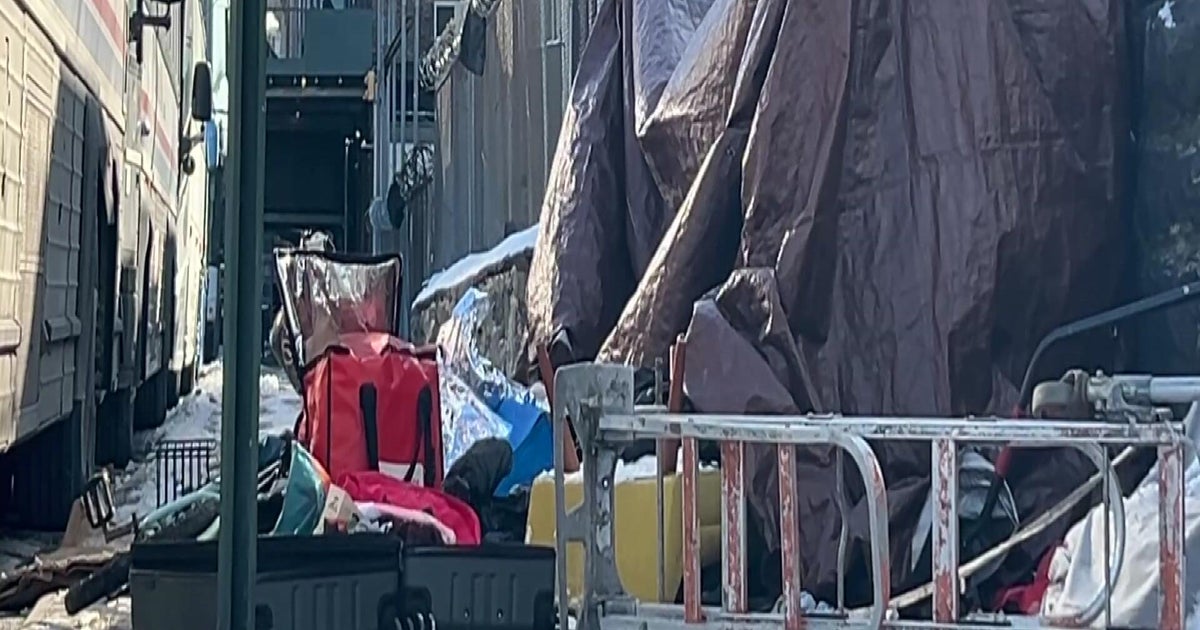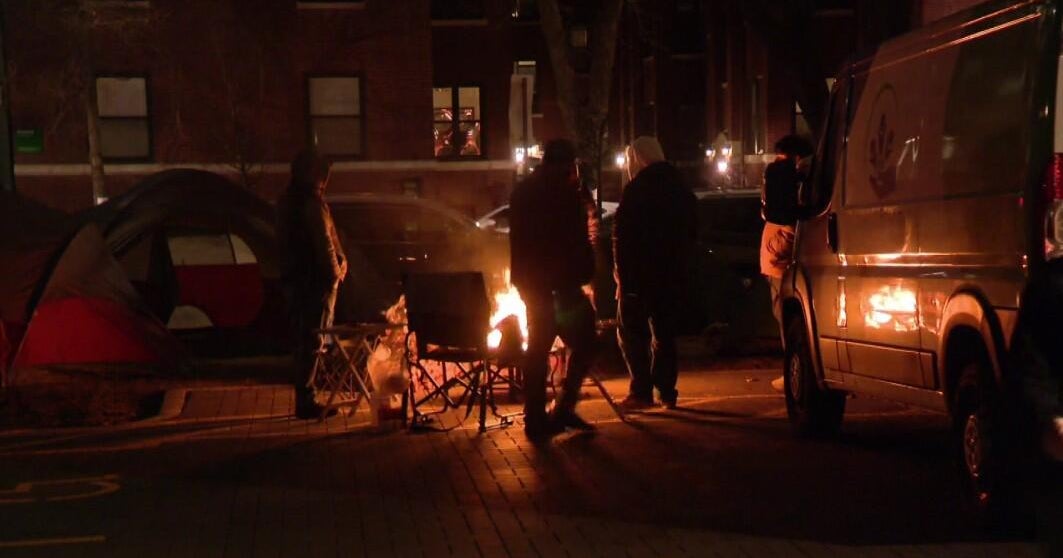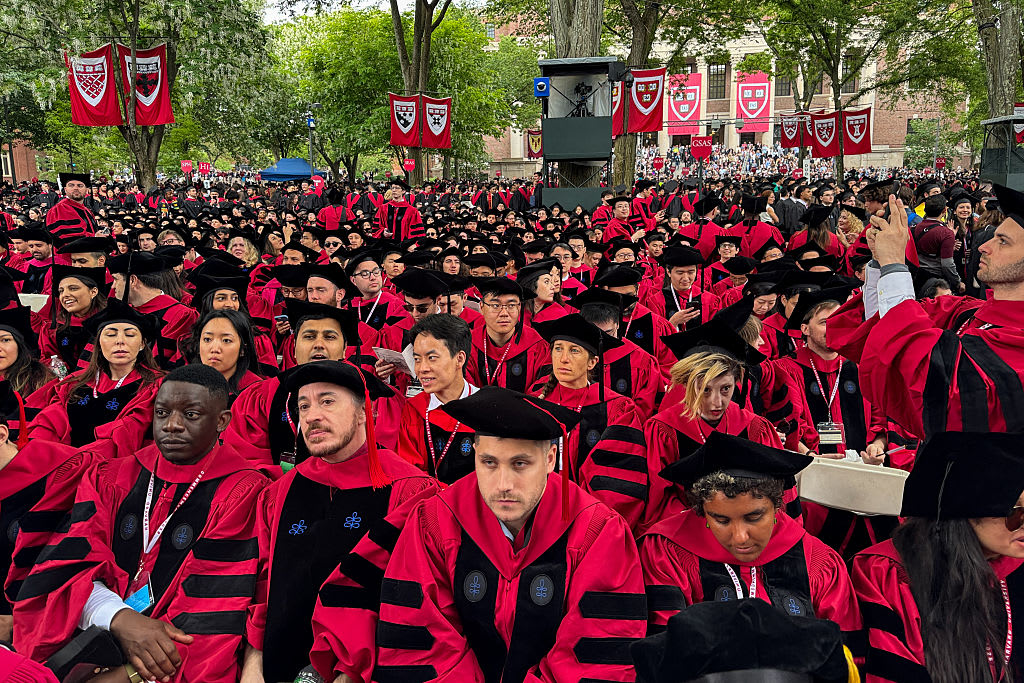The hidden problem of homelessness on college campuses
While 23-year-old Alejandro Reyes may blend in perfectly on UCLA's campus, he's keeping a secret from most of his classmates: he's homeless. His school locker is his closet. He brushes his teeth in a public restroom and, at times, he sleeps on a sofa inside a 24-hour campus library.
"I truly believe that I'm going to a different school than my peers are. They have houses right up the hill. They have everything they need. That's not the UCLA I go to," Reyes told CBS News' Carter Evans. "My first quarter here, I actually lived inside of my car. ... That's where I had all my clothes, everything I needed for the day."
But after the car was totaled in an accident, a homeless shelter a few miles away from campus was his only option.
According to the U.S. Department of Education, at least 32,000 college students were homeless in 2017.
Reyes is hoping to attend medical school and become an orthopedic surgeon one day. His yearly tuition at UCLA costs about $13,000, which is covered by financial aid, student loans and a job he has on campus.
After books and food, though, there's nothing left for rent.
"It's hard to imagine. ... Obviously it does exist. It's just difficult to grasp and put into a quantitative form," said Serifa Dela Cruz, UCLA's economic crisis manager.
It's not just a housing problem. A survey of students at 10 University of California campuses reveals 48 percent of underclassmen are food insecure and have to skip meals. To combat the problem, UCLA has an on-campus food pantry where students can pick up items for free – no questions asked.
"The problem with homelessness in universities is that because we don't want to stand out, that the university has no idea that we even exist," Reyes said.
The shelter where Reyes was living limits stays, and his time has already run out. But he won't graduate until 2020.




